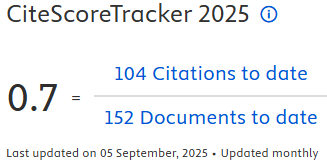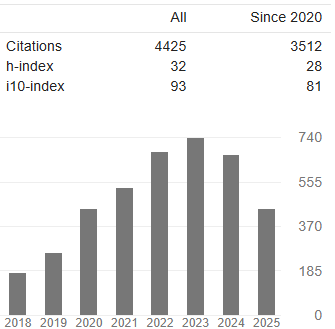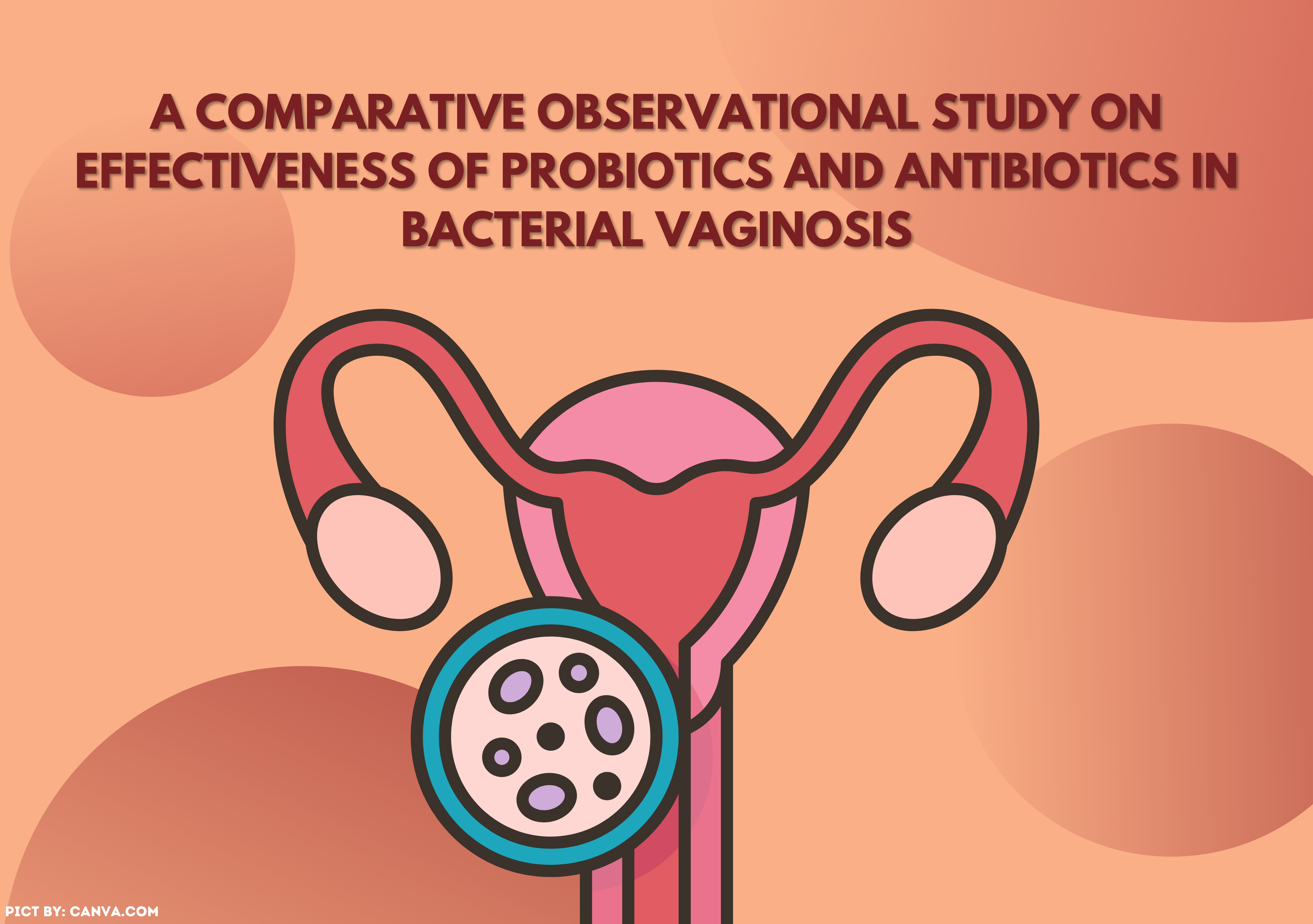PERILAKU CUCI TANGAN DI KALANGAN SISWA-SISWI SMAK SANTA AGNES SURABAYA
Downloads
Alfarisi, 2008. Pentingnya Menjaga kebersihan. Diakses 21 Desember 2017.
DepKes RI. 2008. Panduan Manajemen PHBS Menuju Kabupaten/Kota Sehat. Jakarta : Departemen Kesehatan RI.
DepKes RI. (2009). Panduan Penyelenggaraan Cuci tangan pakai sabun antiseptik Sedunia (HCTPS). Jakarta: Departemen Kesehatan RI
Ghufron. 2014. Teori Psikologi. Yogyakarta: Ar Ruzz Media.
Janz, N.K. and Becker, M.H. 1984. "The Health Belief Model A Decade Later”, Health Education Quarterly;11:1-47.
Kemenkes RI. 2010. Profil Kesehatan Indonesia. Jakarta: Kementrian Kesehatan Republik Indonesia.
Kemenkes, R.I. 2013. Profil Kesehatan Indonesia. Jakarta: Kementrian Kesehatan Republik Indonesia.
Kemenkes, R.I. 2014. Profil Kesehatan Indonesia. Jakarta: Kementrian Kesehatan Republik Indonesia.
Lestari, D. 2008. Metode Expository Teaching terhadap Perilaku CTPS, Universitas Katolik Soegijapranata, Semarang.
Lindawati. 2013. "Faktor yang Berhubungan dengan Perkembangan Motorik Anak Usia Pra Sekolah”, Jurnal Keperawatan, 4(1):1-7
Notoatmodjo. S. 2003. Pendidikan dan Perilaku Kesehatan. Jakarta: PT Rineka Cipta
Notoatmodjo, S. 2007. Promosi Kesehatan dan Ilmu Perilaku. Jakarta: Rineka Cipta.
Notoatmodjo, S. 2010. Metodologi Penelitian Kesehatan. Jakarta: Rineka Cipta.
Proverawati A., Rahmawati E.. 2012. Perilaku hidup bersih dan sehat (PHBS). Yogyakarta: Nuha Medika.
Rabbi, E.S and Dey, N.C. 2013. "Exploring the gap between handwashing knowledge and practice in Bangladesh, a cross-sectional comparative study”, BMS Public Health. 13(89):2-7
Risnawati, G. 2016. Faktor Determinan Perilaku Cuci tangan pakai sabun antiseptik (CTPS) pada Masyarakat di Tanah Kali Kedinding. Jurnal Promkes, Juli 2016; 4:70-81.
Tarwoto, Warwonah. 2004. Kebutuhan Dasar Manusia dan Proses Keperawatan Edisi ketiga. Jakarta : Salemba Medika.
Timmreck, T. C. 2004. Epidemiologi Suatu Pengantar Edisi Kedua (Mulyana Fauziah). Jakarta: EGC.
Wawan A. and Dewi M. (2011). Teori dan Pengukuran Pengetahuan, Sikap, dan Perilaku Manusia. Cetakan II. Yogyakarta: Nuha Medika.
Wawan. 2011. Teori dan Pengukuran Pengetahuan, Sikap dan Perilaku Manusia. Yogyakarta: Nuha Medika.
WHO and Unicef. 2008. Progress on Drinking and Sanitation. Geneva: Unicef & WHO.
WHO. 2009. Guidelines on Hand Hygiene in Healthcare. Geneva: WHO.
- The authors agree to transfer the transfer copyright of the article to The Indonesian Journal of Public Health effective if and when the paper is accepted for publication.
- Authors and other parties are bound to the Creative Commons Attribution-NonCommercial-ShareAlike 4.0 International License for the published articles, legal formal aspect of journal publication accessibility refers to Creative Commons Attribution-NonCommercial-ShareAlike 4.0 International License (CC BY-NC-SA), implies that:
- Attribution ” You must give appropriate credit, provide a link to the license, and indicate if changes were made. You may do so in any reasonable manner, but not in any way that suggests the licensor endorses you or your use.
- NonCommercial ” You may not use the material for commercial purposes.
- ShareAlike ” If you remix, transform, or build upon the material, you must distribute your contributions under the same license as the original.































